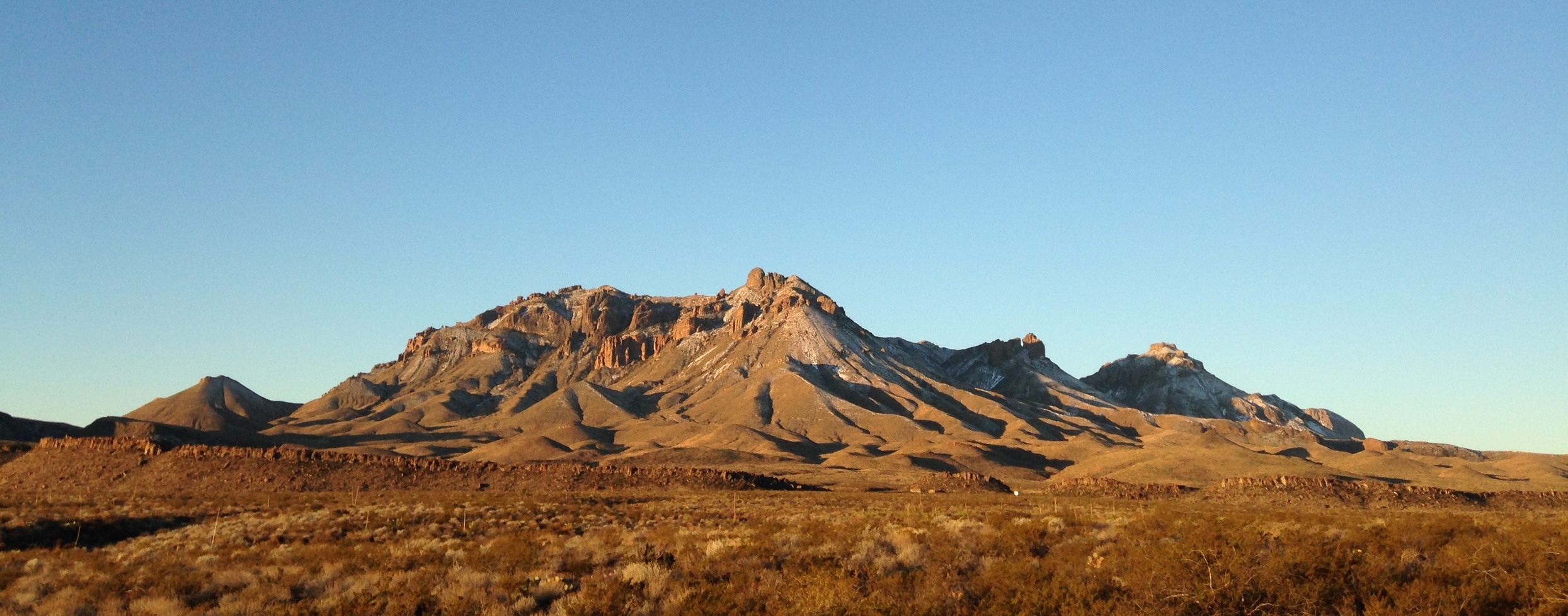With deepest grief I write to let you know that Dennis Trombatore, husband, friend, colleague, philosopher, artist, and lover of life, died peacefully Sat., July 18th, 2020 after a long illness.
Dennis Trombatore was born on Aug. 26, 1952 in Killeen, Texas to Marianne Trombatore and Sam Trombatore, who were stationed at Ft. Hood. He grew up in Baton Rouge, Louisiana, where he attended St. Aloysius School and soon-to-be-renamed Lee High, graduating in 1970. He went to LSU, graduating with a BA in Philosophy in 1975 and an MLS in 1977. He lived in New Orleans and worked at Loyola Library from 1977 to 1980. In 1980 he married Kathryn Dinstuhl; they divorced in 1994. He moved to Athens, GA in 1980 to work in the Science Library of the University of Georgia. In 1985 he accepted the position of Head of the Walter Geology Library at the University of Texas Libraries in Austin, where he was honored to receive several staff excellence awards through the years. He made Austin his happy home and worked tirelessly for his second family in the Jackson School of Geosciences until his death on June 18th, 2020 from complications of recurrent prostate cancer.
Throughout his life, Dennis had a great love for geology and for handcrafts, particularly pottery, which he discovered in college. He was never happier than when in the studio or on a field trip. He belonged to the Austin Geological Society, the Geoscience Information Society, and the National Council of Educators in the Ceramic Arts for many years. He was a stalwart contributor to the Austin Empty Bowl Project (well over two thousand of his bowls are in use around the city), and a life-long supporter of arts education and higher education.
In 2004, after a long courtship that began with love at first sight, he married Shiela. Shiela was his beacon in a lonely world and his only regret was to leave her so soon. Dennis was extraordinarily generous and an original polymath. He is loved and survived by his mother Marianne, his wife Shiela & her family, and friends too numerous to name.
Thanks to the staff and nurses at Austin Cancer Center, especially Dr. Shimkus, Dr. Stephen L. Brown, and Dr. Michael Trotter, Dr. Scott Moore, Dr. Marroquin for their care and support over many years. Thanks also to Nurse Courtney McCoy and her team at the Journey of Life hospice center for their care and support in Dennis’s final days.
In lieu of flowers, memorial donations can be directed to an excellence fund established in Dennis’s name: https://utdirect.utexas.edu/apps/utgiving/online/nlogon/?menu1=JS** earlier this year, or to the Penland School of Crafts in North Carolina: https://penland.org/support-penland/ways-to-give/ . [Written (mostly) by Dennis, posted by Shiela]
read more here




